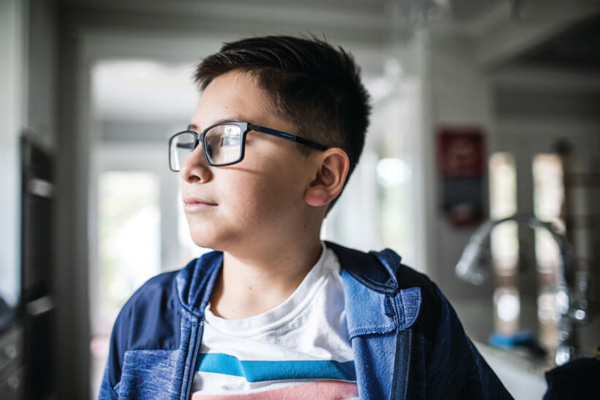
Your Child and Autism: Steps to Take If You Think Your Child is Autistic

Your Child and Autism
Many parents have that ‘a-ha’ moment when they realize their child may have a more profound challenge than previously expectant. Unlike your friend’s kid at the same age- your child has trouble maintaining friendships, struggles to communicate, or demonstrates repetitive body movements. Perhaps they have difficulty relating to the world around them and seems inflexible with their thoughts and behaviors. If you notice these characteristics, don’t ignore them. While your child could be delayed, it may be wise to seek a professional opinion and check if your child may be on the autism spectrum.
Learn the Milestones
Many children with autism show developmental delays early on and don’t meet typical milestones. For instance, by 6-9 months, most babies can sit up without support, babble sounds, and respond to their name. By 9-12 months, babies typically grab objects and toys, crawl, and stand independently. Most children can walk independently between ages 1-3, climb stairs, jump, stack objects, speak in short sentences, and follow basic directions. Between ages 3-5, children can typically toss a ball overhand, get dressed independently, and draw a full person with all features. Children ages 6-12 generally have developed strong friendships with peers and are usually independent in completing their school work. If you notice delays or regression in any of these milestones and your instincts tell you something is off, your child may be at risk for autism.
Identifying Autism
If you think your child has autism, take action. The sooner you identify and address autism, the better it will be for your family. Speak to your child’s doctor; he or she may inquire as to whether all developmental milestones have been met and may recommend an autism screening. This screening typically consists of a series of yes or no questions regarding symptoms. If your doctor suspects that your child may have autism, your child may need to have a full diagnostic evaluation by an ASD specialist. Typically, the evaluator will observe your child, ask you as the parent a series of questions, fill out questionnaires, and administer a series of tests to your child. These factors will allow the evaluator to identify whether or not your child may have autism so you can take appropriate action for a concrete diagnosis.
Your Child Receives an ASD Diagnosis — Next Step
First off, don’t panic. There are many resources and a great deal of support available for children with autism, and your child is certainly not alone! However, the earlier you intervene and seek your child’s services, the more gains you will see. Once you receive the diagnosis, which typically includes a full report, read it thoroughly and review the evaluator or doctor’s recommendations. Reach out to your child’s school to let them know about the diagnosis and inquire about creating an IEP (Individualized Education Program) to map out the services your child will receive based on their needs. These services may include special education classroom placement, speech therapy, occupational therapy, behavioral therapy, physical therapy, social skills groups, etc. Also, learn what you can do at home to help your child, such as creating a set structure and routine and rewarding good behavior. The more you can work as a team with your child’s doctors, educators, and therapists, this will help provide consistent support to your child.
Many children with autism are kind, loving, high-achieving individuals who have countless gifts. With the right support, your child can succeed academically and thrive in life.
Dr. Emily Levy is the founder of EBL Coaching, a tutoring program that specializes in one-on-one home and on-site instruction for students in grades preK-12 in NYC, NJ, and Westchester. She is also the author of Strategies for Study Success, a study skills workbooks series emphasizing test taking, note taking, reading comprehension, writing, and executive functioning strategies, and the Flags and Stars Orton Gillingham student workbook series. These books are currently used at schools nationwide. Dr. Levy studied at Brown University and later received her Masters Degree in Special Education and her Doctorate Degree in Education. She has spoken nationwide on research-based methods for teaching students with and without learning disabilities. Dr. Levy is currently the Director of EBL Coaching’s learning centers.
